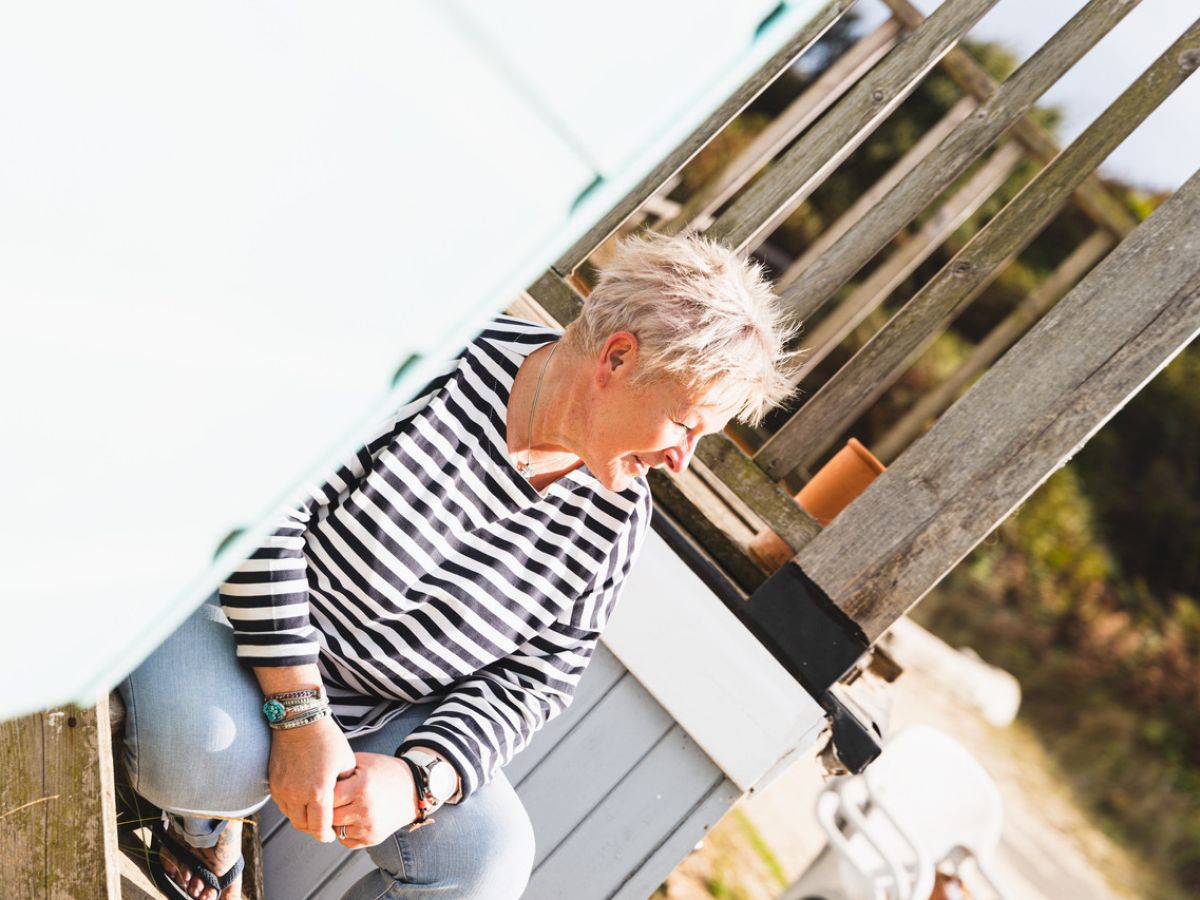I have recently been to several funerals, where each of the deceased had lived a long life. One of things which stood out was how the mourners speculated on the lives lived by these octogenarians. Death seems to bring its own forgiveness protocol, even though it doesn't negate how resentful the bereft can feel.
My late husband was young when he passed away after a long illness. I was both mentally and emotionally, a shell of a person. We had been ensnared in a long marriage, dominated by his addiction and coercive control. I say we had been ensnared, as I don't believe he was any happier than me. The point was, that I never felt able to escape and he needed me as a stabiliser. The last few years of his life felt entirely dependent on me supporting him, emotionally as well as physically.
The mourners at his funeral spoke fondly of his 'headstrong character' and his 'love of the horses'. One distant relative said "He loved you very much." As I listened to them, I felt weirdly satisfied yet so sad that I had done such a good job of airbrushing things. Nobody knew about me cowering on the floor after another rampage. Nobody knew that our houses were invariably remortgaged up to an unreachable rate, thus prompting another move to another county. It was really tough trying to convince our London dwelling children that they would love life in the country. I felt obliged to make these decisions as I had an addict husband and four young children to support. I believed I was entirely responsible for salvaging the emotional shipwreck which comes with chronic addiction.
The point of this anecdote is that my mantra was always "I believe that I have to do this, I have no choice." I was programmed to the do the right thing. I really didn't believe I could do anything better than I was. I was completely torn between trying to create a stable home while yearning for help with feeling calm, secure and peaceful.
Turning to a Master NLP (Neuro Linguistic Programming) coach, was a life changing moment. We talked about my life, the successes and the troubles. We talked about me feeling bad that I hadn't been strong enough to leave and create a better life for me and the children. I told her that I believed I'd had no choice in making changes to my life.
She then said "Standing still is making a choice."
Wowser! This took a while to percolate and I felt angry. What did she know about my beliefs? What qualified her to make that statement?
Well, it transpired that she knew quite a lot!
Years on, I know quite a lot too. I know that standing still is making a choice. I also know that we have deeply rooted limiting beliefs which will dictate our choice to either stand still or how we move forward.
You weren't born with these beliefs, so they've come from somewhere. If they're not helpful for your decision making, then why hold on to them?
"Beliefs aren't about truth. Beliefs are about believing. They are guides for our behaviour." Richard Bandler
- What limiting beliefs do you have?
- Do you want to unlearn and release your 'self sabotage' thoughts?
- How would you like to create a belief system which nurtures and supports your life choices?
- How does creating your own reality sound?
- Isn't it your time to make a choice to move forward?
If you want to explore getting rid of your limiting beliefs, why not book a call with me?
Jules x

